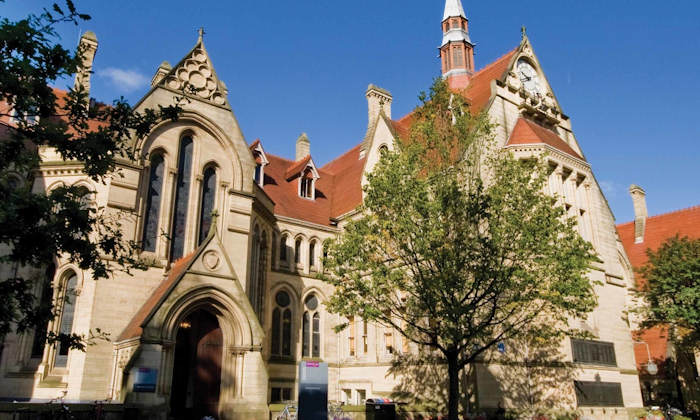Greater Manchester universities develop joint Civic University Agreement
20 May 2021
Polling of local people: results shared

A message from the Vice-Chancellors of Greater Manchester universities
During the pandemic, our five universities based in Greater Manchester (GM) – Manchester Metropolitan University, Royal Northern College of Music, University of Bolton, The University of Manchester and University of Salford have been working with the Greater Manchester Combined Authority (GMCA) to develop a joint Civic University Agreement (CUA). The pandemic has increased our need to work together to address common regional challenges and our CUA – the biggest in the UK – will set out shared priorities and actions for how universities can support GM to build back better.
But to create a plan that will have the greatest impact, we were all clear that this should be built on local people’s priorities: what their aspirations are for the places they live and the relative importance they attach to different things we do.
We therefore worked with the independent consultancy and British Polling Council member Public First to poll our residents – in a representative sample across all ten authorities in GM – to find out how we are viewed. We are publishing the full findings today in order to share what we have learned, and to show how we will reflect on these when drawing up our CUA.
The polling shows that our universities are seen as central to the city region. 73% of respondents think that we are important to the local economy, and 79% think we are important to making our region a better place to live. 71% of our residents say they are proud of the role we play in the city and region.
The people of GM are focussed on recovering from Covid – but doing so in a way which improves quality of life. The top priority for residents, by some margin, was economic growth and reducing unemployment. But high up the list is reducing inequality, improving their health, supporting the environment, and increasing job quality.
When asked specifically about what we do well, the most popular answers were around our role in training professionals in public services, and our role as economic anchors – creating jobs within our institutions, and supporting wider jobs across the city. Respondents also recognised the importance of widening participation for all young people from across GM, as well as our role in attracting talented students from across the world to live and study with us.
There are, of course, areas where we do less well – and it is important we recognise these. Fewer than half of residents thought we were directly involved with the local community, and only a third of people thought that we provided direct benefit to themselves or their family and friends. And more than half of the population of GM say they have never visited us – either because they didn’t realise we were open to the public, or there was nothing we offered that was of interest to them. There are also difference between the ten boroughs, and between different groups of residents: on the whole, younger and less affluent residents are less informed with, proud of, or engaged with us.
The polling gives us really rich insight into how we can collectively build on what we do, and challenges us on where we need to do more. So our CUA, being published this summer, will outline a small number of priorities agreed in partnership with our elected Mayor, GMCA and local authorities. We have responded to the recommendation from Lord Kerslake’s Civic University Commission to underpin our work with a plan and we will hold ourselves to account for acting on these priorities.
Professor Dame Nancy Rothwell, President and Vice-Chancellor, The University of Manchester
Professor George Holmes, President and Vice-Chancellor, University of Bolton
Professor Helen Marshall, Vice-Chancellor, University of Salford
Professor Linda Merrick, Principal, Royal Northern College of Music
Professor Malcolm Press, Vice-Chancellor, Manchester Metropolitan University
